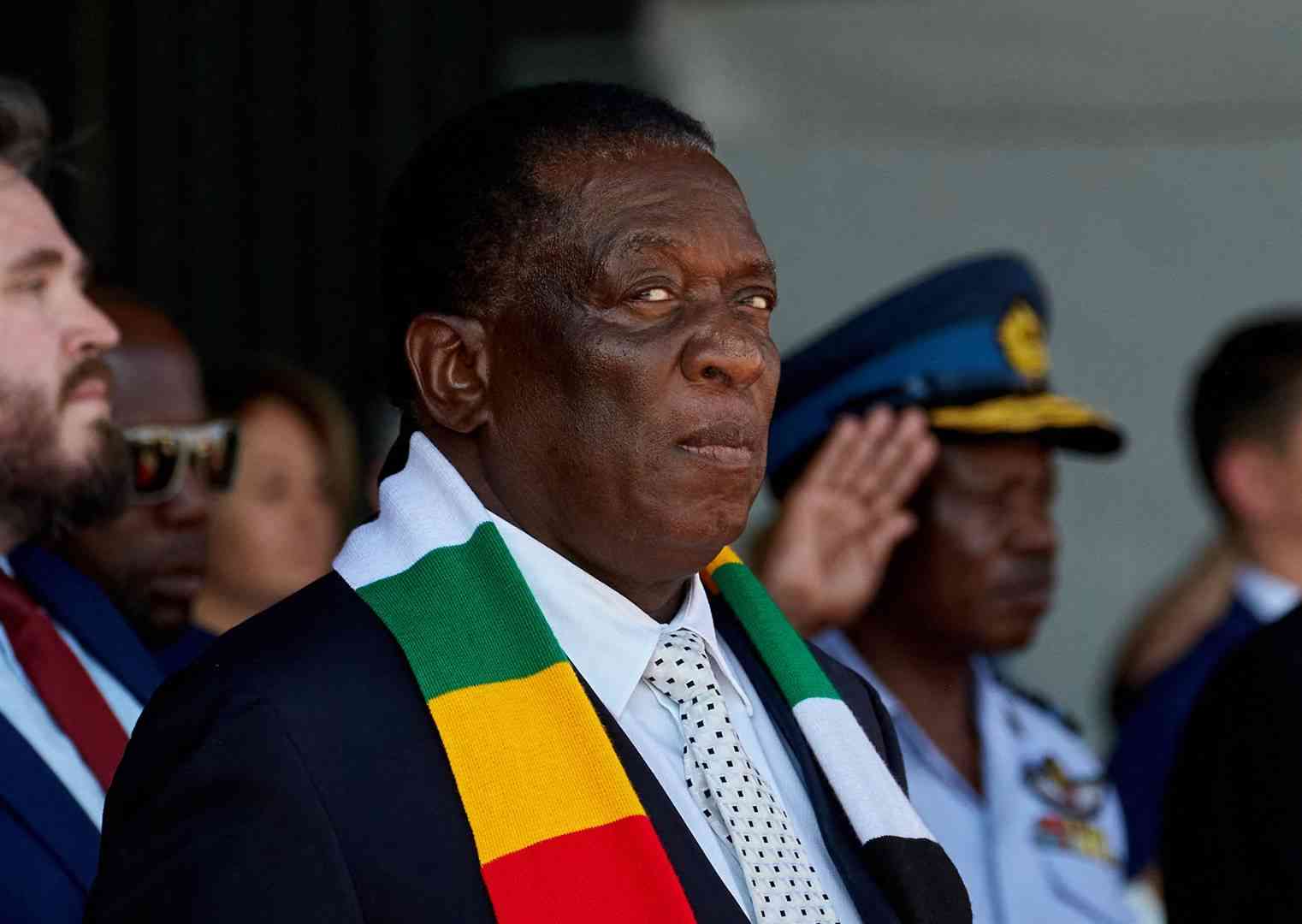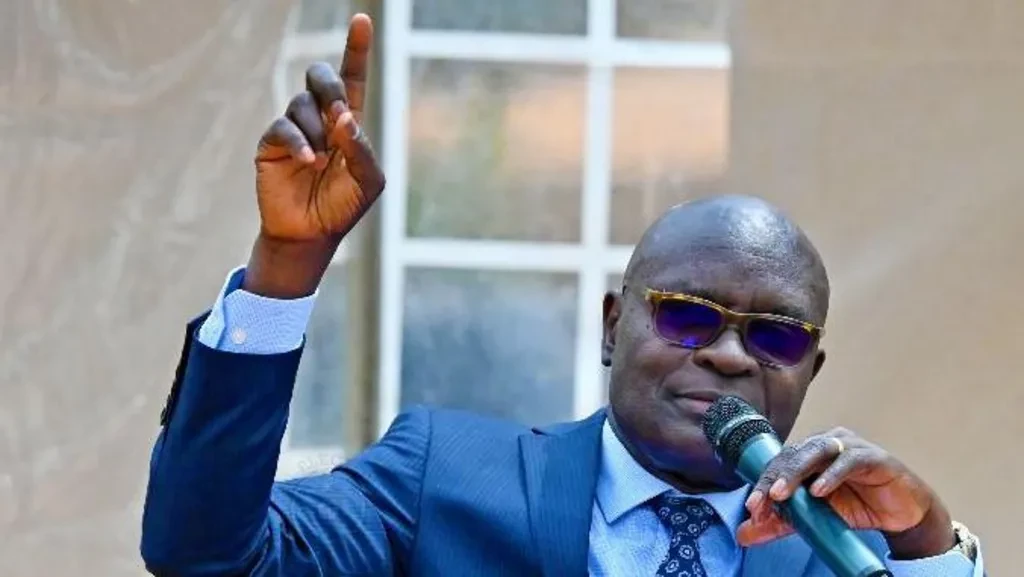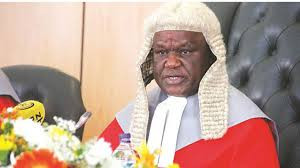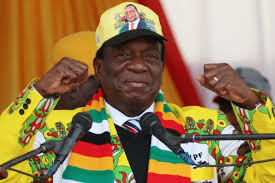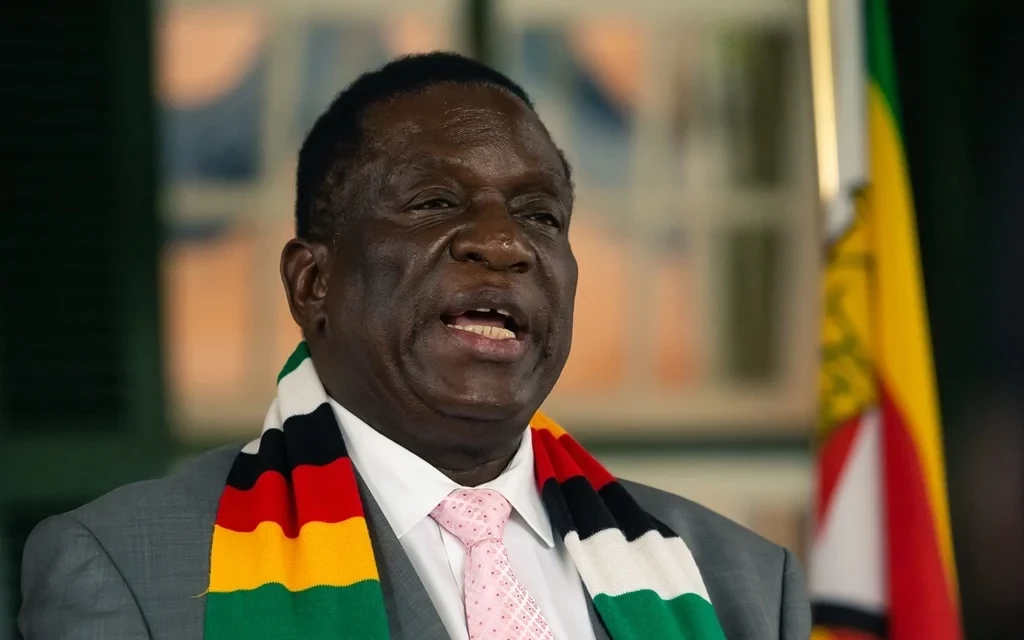
The much anticipated hearings into the 1980s massacres in Matabeleland and the Midlands were off to a false start last week amid controversy over the government’s decision to hold them in secrecy.
One of President Emmerson Mnangagwa’s biggest promises when he came into power through a coup that toppled Robert Mugabe eight years ago was to address the massacres commonly referred to as Gukurahundi after years of Zanu PF refusal to face the truth.
In pursuit of his one party state dream, Mugabe deployed the North Korean trained Fifth Brigade to the two provinces soon after independence to target mainly supporters of late Vice-President Joshua Nkomo and his Zapu liberation movement.
Mnangagwa was the State Security minister during the massacres and after Mugabe was toppled he laid the blame on his former deputy for the tragic episode in Zimbabwe
Some researchers put the number of people who perished during the brutal massacres at over 20 000. Several thousands were left disabled and women were left to raise children born out of rape ordeals.
Thousands were displaced, with some forced to skip the country to South Africa or Botswana.
Thirty-eight years after the Unity Accord that ended the killings, thousands of victims are stateless because they can not obtain identity documents for various reasons.
It was against that background that Mnangagwa’s push for the hearings was welcomed by many, but there are many questionable things that have happened in the last eight years that have raised questions about his commitment to address Gukurahundi.
- Ziyambi’s Gukurahundi remarks revealing
- Giles Mutsekwa was a tough campaigner
- New law answers exhumations and reburials question in Zim
- Abducted tourists remembered
Keep Reading
For starters, the hearings that are supposed to be led by chiefs excluded Midlands province for reasons only known to the government.
The other controversial decision announced by Chiefs Council deputy president Fortune Charumbira recently was that the hearings would be held in private and journalists would be barred.
That decision eroded the little credibility left for the process and we do not foresee it being useful to the victims. If the government was serious about resolving the Gukurahundi issue, it should have consulted the victims on how they want it to be resolved.
There was also need for truth telling to help victims find closure and this cannot happen behind closed doors.
The government’s desperation to control the narrative will only serve to re-open old wounds and the victims would be subjected to yet another painful round of torture. It is not too late for the government to do the right thing and stop adding salt to festering wounds.

